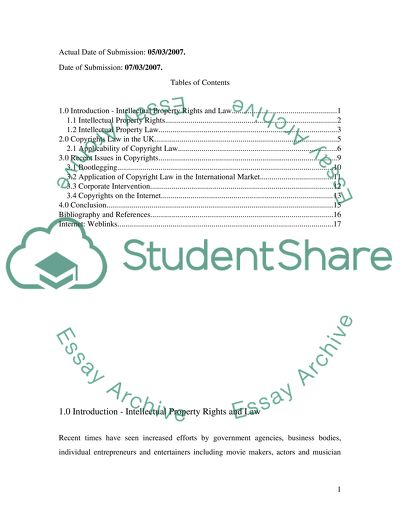Cite this document
(“Intellectual property Master Essay Example | Topics and Well Written Essays - 4500 words”, n.d.)
Retrieved de https://studentshare.org/law/1528562-intellectual-property-master-essay
Retrieved de https://studentshare.org/law/1528562-intellectual-property-master-essay
(Intellectual Property Master Essay Example | Topics and Well Written Essays - 4500 Words)
https://studentshare.org/law/1528562-intellectual-property-master-essay.
https://studentshare.org/law/1528562-intellectual-property-master-essay.
“Intellectual Property Master Essay Example | Topics and Well Written Essays - 4500 Words”, n.d. https://studentshare.org/law/1528562-intellectual-property-master-essay.


